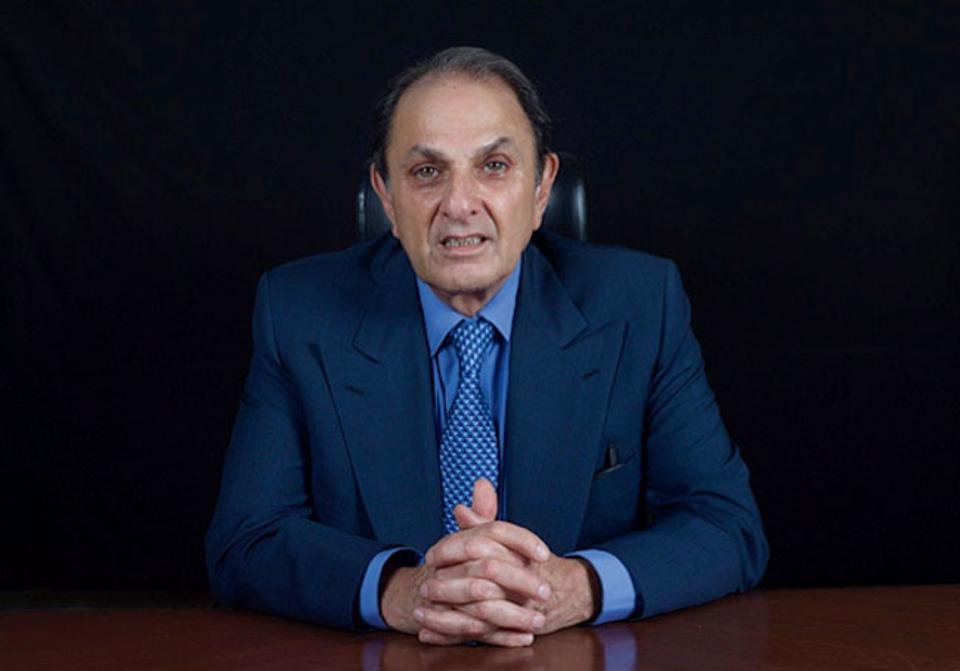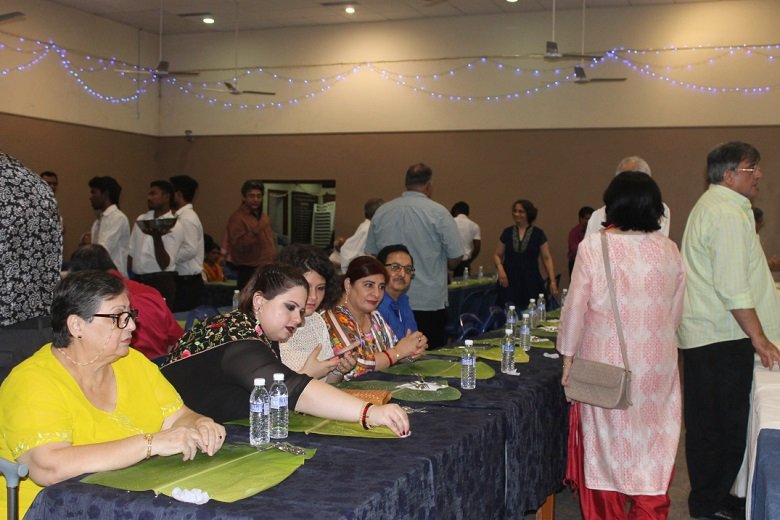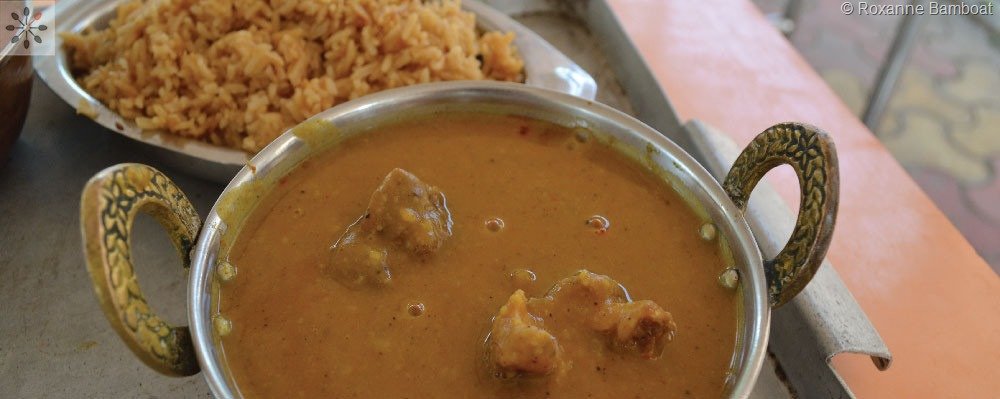Amid Typhoon Tata Nusli Wadia Backs Cyrus Mistry

Indian industrialist Nusli Wadia, chairman of the $2.2 billion (revenues) Wadia Group, was away in New York when his nation’s biggest corporate feud of 2016 erupted in October. The board of Tata Sons, holding outfit of the much revered $103 billion (revenues) Tata conglomerate, abruptly showed its chairman Cyrus Mistry the door and installed former chairman Ratan Tata, 79, as interim boss for four months.
The boardroom coup, executed with all the stealth of a surgical strike, shocked India’s corporate establishment. Mistry was not just another hired hand but part of a billionaire clan that has an 18.4% stake in the privately held Tata Sons and features among India’s richest, with a fortune of $13.7 billion. Moreover, the families are related through marriage–Mistry’s sister is married to Tata’s half-brother Noel Tata.
“I couldn’t believe it. I thought it was disastrous,” says Wadia, 72, who controls a foods-to-aviation empire with roots in shipbuilding dating back to 1736. Wadia’s old-money fortune is worth at least $3 billion. As the feud escalated to a bitter war of words and eventually landed in court, Wadia emerged as the third protagonist in this real-life drama involving storied clans of the Parsi community who are all interlinked.
Wadia was for decades a close ally of Ratan Tata and had board seats at three major Tata companies–Tata Steel, Tata Motors and Tata Chemicals. The two families had long-standing ties: Among much else, the legendary JRD Tata, who chaired the Tata Group for more than five decades and died in 1993, had helped Wadia secure an important part of his inheritance when his father, Neville Wadia, was on the verge of selling the family’s textile unit, Bombay Dyeing, in 1971. Wadia considered the Tata doyen as his godfather, even naming his younger son, Jeh, after him. Wadia says he was offered the chairmanship of Tata Sons by JRD Tata but turned it down, as he felt it was Ratan Tata’s rightful inheritance.
It was expected that Wadia, who is often referred to in the Indian press as a corporate samurai for his numerous legal battles, would join forces with Tata. After taking over as group chairman in 1991, Ratan Tata had leaned on Wadia in the early years, notably to wrest control from independent-minded aging stalwarts at the helm of Tata’s major companies. In the 1990s Wadia had lobbied New Delhi to get the Tata Trusts, which together hold a 66% stake in Tata Sons, voting rights in the holding firm, which were earlier vested with the government.
Some say Wadia’s fighting spirit is embedded in his genes: His mother, Dina, who at age 98 lives in New York, is the daughter of Muhammad Ali Jinnah, the founder of Pakistan. While Wadia plunged headlong into the Tata brawl on his return, this time, surprisingly, he ended up backing Mistry and not his decades-old friend. At November meetings convened by the independent directors of the three companies, Wadia backed Mistry.
“The way Cyrus was ousted from Tata Sons was shocking and not in keeping with the corporate governance standards set by JRD Tata,” insists Wadia, who rarely meets the press and spends a chunk of time overseas to maintain his status as a nonresident (normally done for tax reasons). Seated in his midtown headquarters in Mumbai one December weekend, Wadia was wearing casual track pants but looking far from relaxed.
Following the board meetings, Tata Sons had convened special shareholder meetings of group companies in December to remove Wadia, along with Mistry, claiming that Wadia had been “galvanizing” other independent directors to act against the interests of the Tata Group. Wadia, who refuted the allegation as false and baseless, was busy drafting detailed representations to the shareholders of Tata companies to argue his case.
He had also made a plea to the Securities & Exchange Board of India, seeking the market regulator’s intervention on his ouster. A group of minority shareholders went to court to challenge his removal, arguing that Tata Sons as the “promoter” in the operating companies shouldn’t be allowed to vote to remove an independent director. While the court did not grant a stay, in a partial victory for Wadia it ruled that the board seat vacated by him could not be filled pending further hearings.
While Mistry saw the writing on the wall and resigned from the boards of six group companies prior to the shareholder meetings, Wadia opted not to do so. With the shareholders voting in Tata’s favor, he lost the board seats that he had occupied for more than three decades. Wadia says: “I’m not Ratan Tata’s ‘yes-man.’ I had to fulfill my fiduciary duty as an independent director.”
Unfazed, he has filed civil and criminal defamation lawsuits against Ratan Tata personally, Tata Sons and its other directors, claiming $445 million in damages on the grounds that the notices seeking his removal had hurt his reputation and goodwill. (The Tata side has denied the allegation.) “There were many revelations emanating from the Tata saga. That Tata and Wadia had fallen out was one of them,” says Shailesh Haribhakti, the founder of Baker Tilly DHC, the Indian arm of accounting firm Baker Tilly.
Tata sources aver that the estrangement was sparked by Tata’s entry in 2013 into the aviation business, a sector in which Wadia was present with Go Airlines, run by his son Jeh. Go, which was losing money until 2012, was keen to get Singapore Airlines as a partner. Wadia is believed to have taken umbrage when Tata teamed up with the Singapore carrier to start rival Vistara.
Wadia debunks that theory, insisting that their relationship had begun fraying much earlier over what he refers to as Tata’s “methods.” He cites the example of Ratan Tata’s recruitment of a controversial New Delhi lobbyist. He elaborates that he wasn’t in favor of Tata Steel’s expensive purchase of Anglo-Dutch steel maker Corus in 2007 for $12 billion that went on to rack up record losses. (As a Tata Steel director he went along with the consensus.)

After hurling allegations and counter-allegations, including some about serious financial wrongdoing, Mistry filed a lawsuit against Tata Sons with the National Company Law Tribunal alleging “mismanagement and oppression of minority shareholders.” Among much else, he has sought intervention to restrain Tata Sons from removing him from its board and diluting his family’s holding.
In an affidavit filed in response, Ratan Tata has refuted the allegations and outlined the reasons for the growing trust deficit that led to Mistry being fired. Tata Sons has called a shareholders meeting for early February to oust Mistry from its board. With the Tata Trusts’ majority holding, the outcome is a foregone conclusion unless the tribunal rules otherwise.
Mistry, who took a Swiss vacation with close friends in Gstaad over the Christmas holidays, seems in no mood to give up the fight. Wadia, too, says he plans to pursue the lawsuits against his former pal to their logical conclusion because “I don’t draw wooden swords.”
With India’s notoriously sluggish system that could take years, but if he wins, Wadia says he will donate the money to combat child malnutrition, a cause close to his heart. (Wadia’s Britannia Industries, the country’s leading maker of cookies, has a charitable Nutrition Foundation and has developed special products fortified with iron and vitamins to address this problem.)
Billionaire Cyrus Poonawalla, also a Parsi, observes that the prolonged public bickering has sullied the reputation of all parties involved. “They should have enlisted mediators to provide Cyrus an honorable exit.”
In a widely hailed move, Tata has appointed as Mistry’s successor Tata lifer Natarajan Chandrasekaran, chief executive of Tata Consultancy Services, an IT powerhouse that is the group’s most profitable company. While Chandra, as he is called, is the first non-Parsi to get the post, Baker Tilly’s Haribhakti says that opting for an insider with an impeccable track record at such a fractious time is a wise strategy. “No one can quarrel over this choice.”





